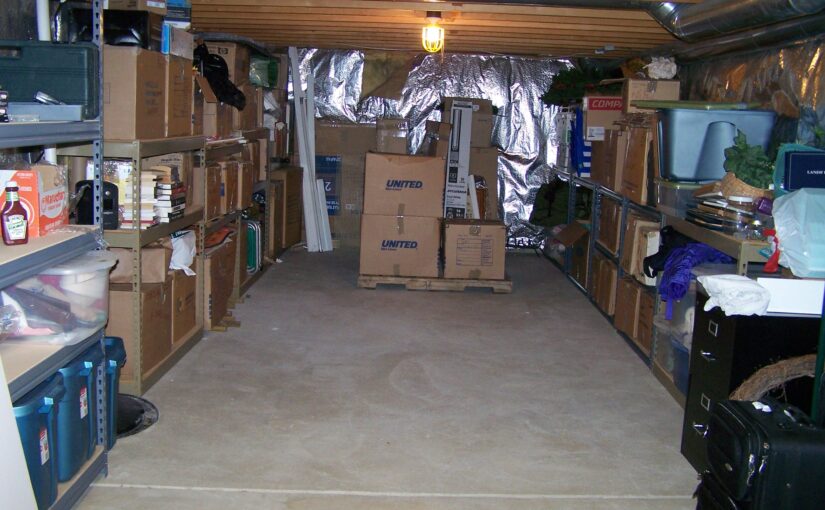Minimalism changed my life for the better. Minimalism at its core is focusing on what we truly value and eliminating the rest. There is not a definitive number of things a person should own to be a minimalist, and making minimalism a comparison game defeats one of its key purposes.
While the concept has grown in popularity over the last 15 years or more, I found it difficult to discern the core concepts from the many voices pushing different interpretations. I continually found the term misused, misunderstood, and co-opted to sell us more stuff or get more likes on social media posts.
The following are five habits that do not align with a minimalist life, even though they can be very good at posing as the real thing. They should not be confused with the life-altering power of minimalism.
Being great at organizing a lot of stuff. Buying shelving, cabinets, bins, and other “organization” supplies so I can neatly store thousands of pounds of stuff in closets, attics, sheds, furniture, basements, and rented storage does not make me a minimalist, even if my friends tell me my house looks tidy. I used to get that compliment often—I was a master at storage and organization. But that stuff, even if neatly arranged, was a burden on me. I had too much. Storing it neatly wasn’t the answer—getting rid of it was.
Embracing a “minimalist” designer’s style. Replacing my current functional stuff with new, sleek, white-palleted decor, or putting pasta, cereal, and dried beans in new matching glass containers that look Instagram-worthy does not make me a minimalist. Buying a $115 designer bread loaf light from Marie Kando’s online store won’t make me a minimalist (but it will likely spark joy in her wallet). Being a minimalist is not about meticulously arranging my clothes in my closet from biggest to smallest, or by thickness of fabric (as Marie Kando suggests), or any other time-consuming design arrangement. If my effort to arrange my stuff is worthy of a social media post, then I am missing a key point of minimalism—simplicity.
Decluttering every year. If I need to declutter every year because there is a perpetual influx of new things in my life, then I am not a minimalist. I’m not talking about getting rid of my few worn out or broken items or some gifts from well-meaning relatives—I’m talking about remaining in a cycle of consuming, in which I regularly purge things just to create space for more purchases. For decades, every 6 to 12 months I found myself cleaning out the garage (or the shed, or my closet, or the basement) and driving a car load to donate at the local charity, and every 3-4 years I had a yard sale. Because I had not addressed my problem with collecting more stuff after each purge, I was doomed to repeat the collect-purge cycle. While it always felt great to get rid of that carload or sell that stuff in my yard sale, those purges did not make me a minimalist.
Stopping just short of hoarding. If someone has a true hoarder in their lives, then a huge number of possessions can appear minimal in comparison. It’s probably obvious, but worth stating: simply not being a hoarder does not make me a minimalist. Getting rid of just enough stuff to avoid being a hoarder does not make me a minimalist. If we feel that we don’t have a problem to solve because hoarding is our comparison point, then we need a new reference point: a home free of everything that isn’t aligned with our values.
Confusing the allure of newness with my true values. New stuff has an allure (a spark of joy?) that is often confused with our true need to have something which honestly supports our top endeavors. My temporary desire, often fueled by societal pressures and savvy marketing, to have the latest cooking gadget or electronics upgrade and the fleeting joy that purchase brings (that proverbial new car smell) should not be confused with truly aligning my possessions with my values.
All of these habits have one thing in common—continued accumulation of more stuff, regardless of how much we dispose. By separating the minimalism wheat (intentionality and contentment) from the chaff (creating a certain “look” and endless organizing), I hope the benefits of true minimalism will be easier to find.
Thanks for reading! If you would like to be notified of new posts or updates from Living The FIgh Life, please subscribe below. I am an inconsistent blogger (hey, I'm retired!) so this is the best way to be notified of new content. Cheers!
![]()
